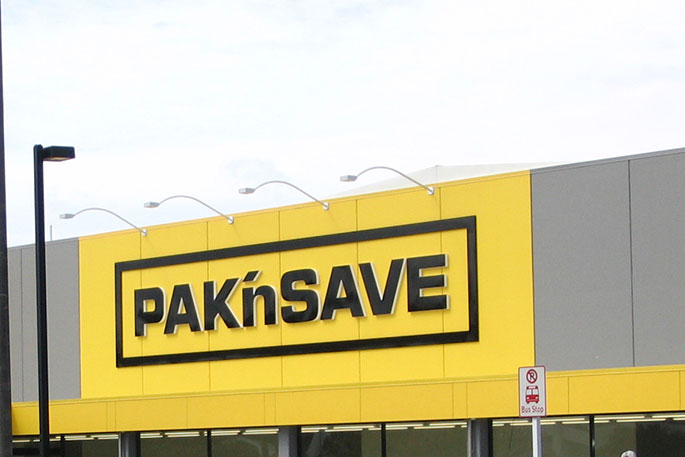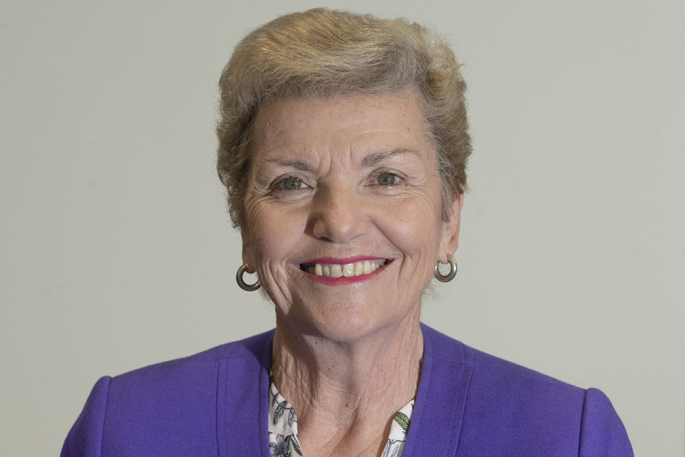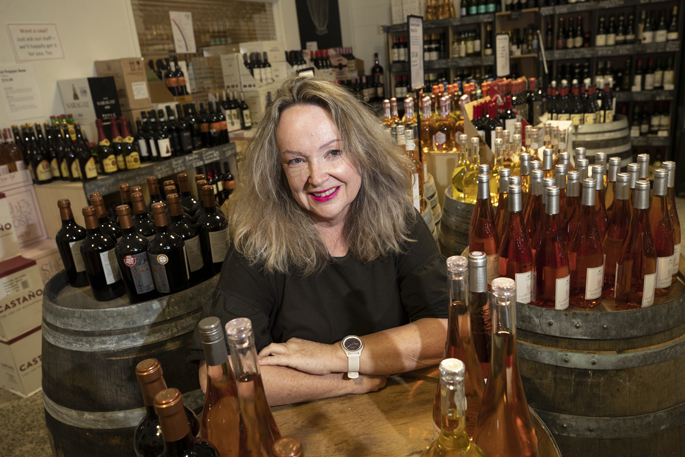Pushing pause on policies that affect bars and the sale of alcohol in Tauranga is “positive for the city”, a shop owner says.
Tauranga City Council is delaying the adoption of its Local Alcohol Policy (LAP) that would have forced Tauranga bars to close at 2am and not allow people in from 1am.
It also would’ve prevented stores from selling alcohol before 10am, instead of 7am currently.
The policy was set to come into force on February 12, 2024, but the commissioner has asked to revisit the policy.
Commission chair Anne Tolley said in a statement the commission wanted time to think about how it would work in practice.
“I’ve been contacted by various groups who want to talk to us. People like supermarket owners, those who sell alcohol along with other things, and those in downtown hospitality businesses.”
Vetro Mediterranean Foods co-owner Christine Gore opposed the policy because it would stop her customers purchasing wine with their food before 10am.
It would have inconvenienced the customers, she said.
The decision to delay the policy was a “positive for the city,” said Gore.
“It's a good thing that they're not so rigid in their policies that they can't adapt to change as it's needed. I'm glad that they're listening.
“It doesn't mean it's completely over.”
The 10am policy was the “least sensible” and Gore said she hoped it would be reversed.
 Foodstuffs, which owns Pak’nSave, said the policy would have inconvenienced customers. Photo: SunLive.
Foodstuffs, which owns Pak’nSave, said the policy would have inconvenienced customers. Photo: SunLive.
Foodstuffs cooperative, which owns New World, Pak’nSave and Four Square supermarkets, was also against the policy.
Foodstuffs head of co-operative public relations Emma Wooster said the co-operative supported the maximum alcohol sale hours set by central Government, which is from 7am –11pm.
“Not selling alcohol prior to 10am, as was proposed, adds operational complexity to the running of the store, ultimately adding to cost and therefore the overall value we can offer our customers.
“It also inconveniences customers who drink responsibly and need flexibility around their shopping times as they’re juggling family and work commitments.”
Closing Tauranga CBD bars at 2am was also unpopular with the hospitality industry.
Crown and Badger operations manager Katja Halbgewachs previously said the decision would have been bad for the city centre.
The bar’s owner Jessica MacKenzie said it was fantastic the council had decided to give their decision some breathing room.
“I don't know if the actual final outcome is going to be any different. I really hope it is for the community's sake.”
People were safer in a bar than on the street in the early hours of the morning, she said.
All staff were trained to how to manage people’s alcohol consumption and the bars had security.
“We manage it in a way where customers often don't even notice they're being managed. They're in a safe environment.”
 Commission chair Anne Tolley said the commission wanted to think about how the policy would work in practice. Photo: John Borren/SunLive.
Commission chair Anne Tolley said the commission wanted to think about how the policy would work in practice. Photo: John Borren/SunLive.
The 2am closing time and one-way door restriction from 1am was to prevent people travelling from bars in Mount Maunganui to Tauranga.
A one was door policy stops people entering a bar after 1am and if they leave they can’t return.
MacKenzie said part of the council’s reasoning for the earlier closing time was a lack of police resources.
The new closing time would have meant two “tip outs” at similar times but the police didn’t have enough resources for one let alone two, MacKenzie believed.
“I hope that they [council] make any decisions in consultation with the affected parties.”
Tolley said there wasn’t time before Christmas to consider everyone’s requests and she also wanted to speak to the police again.
“We may end up in the same place, but we need more time to meet with groups and have another conversation.”
Another change proposed in the LAP was to not allow any new liquor stores to open in areas with a deprivation index of 8 or 9.
Deprivation index measures the level of poverty in an area with 10 being the highest.
The council will now reconsider the policy in the new year.
Public Interest Journalism funded through NZ On Air.




0 comments
Leave a Comment
You must be logged in to make a comment.